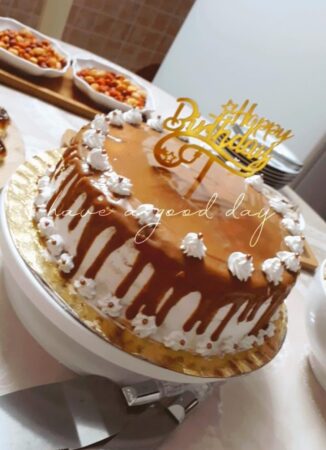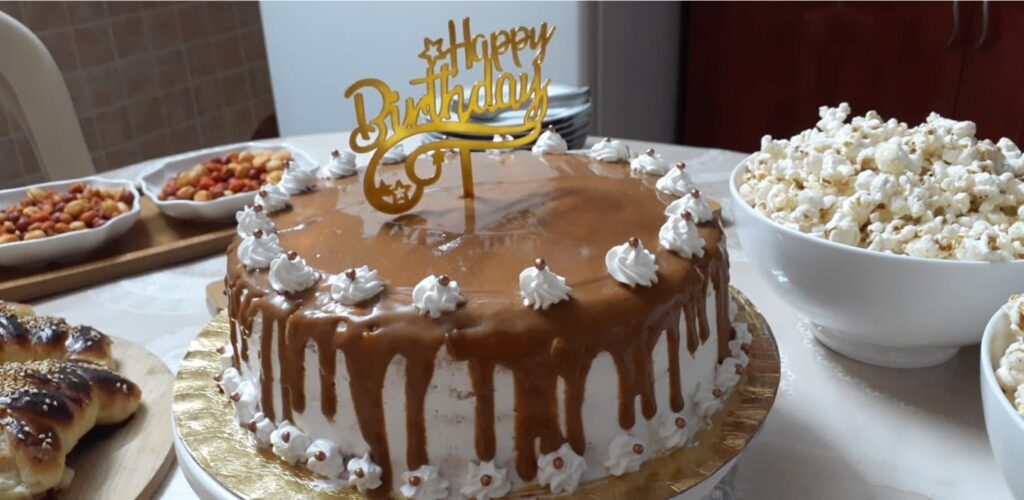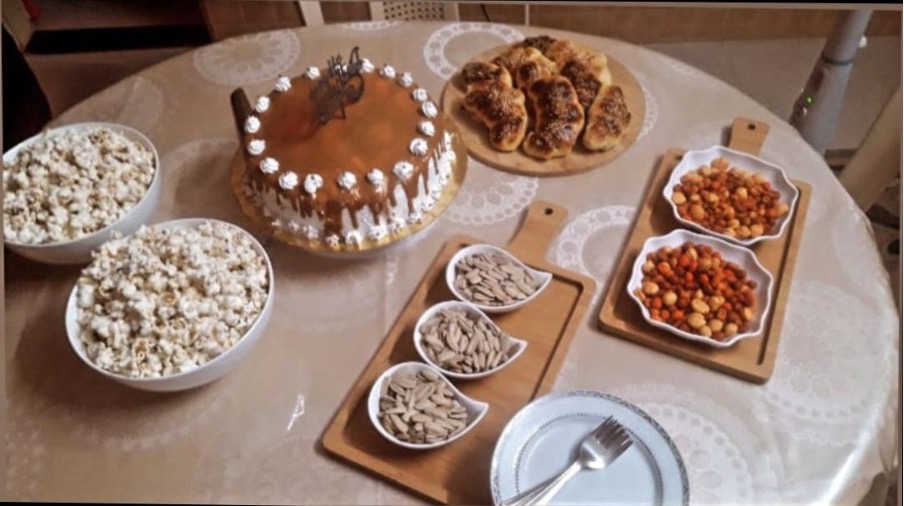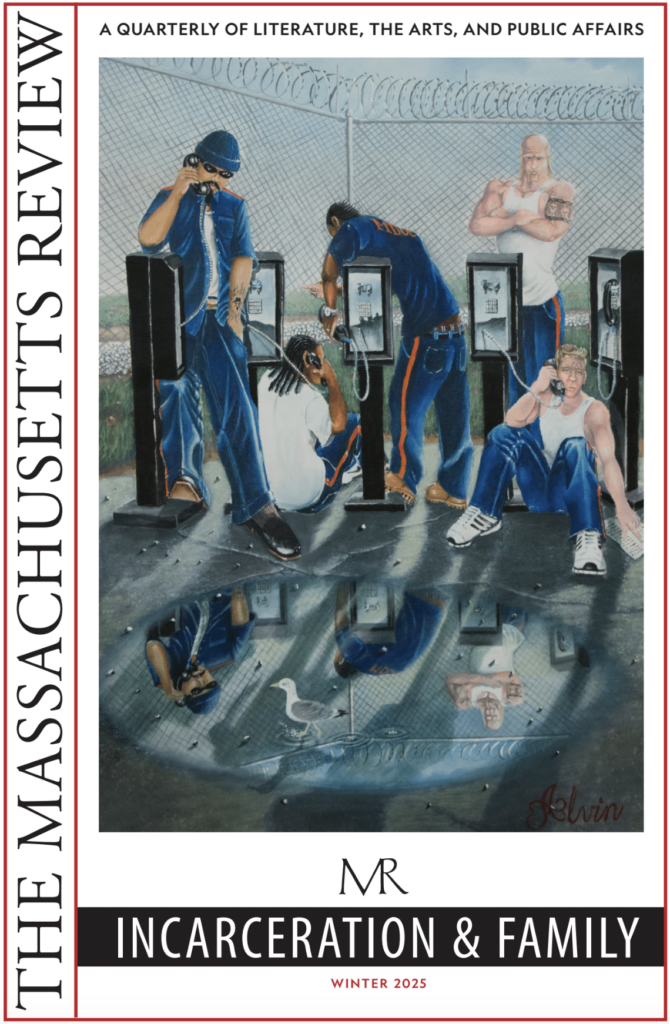Marking a Birthday in The Shadow of War

July 25 marks the day I first opened my eyes to life. This year I turned twenty years old — nearly two of which were lost to war.
I am not someone who enjoys loud, crowded parties, but I do love to share my special moments with those I value most. For me, that is my family: my parents and my three siblings — Noor, Shareef, and the youngest Yousef.
Before the war, we used to throw small birthday celebrations. Even when I was not eager for celebrations, my family never let my birthday pass without reminding me how cherished I was to them. It wasn’t only about me. We celebrated every family member’s birthday in the same way: bright lights, cheerful music, and colorful decorations. Simple but precious joys.
The celebration would usually start at night, around 9 or 10 p.m. — a perfect time when everyone was finally done with university, school, or work. Sometimes I was tired and not in the mood for festivity, but I would remind myself that it wasn’t just a birthday, but a family day.
For my birthday cake each year, I was obsessed with the caramel flavor. My mother bought it from a cake shop called Mazaj, where you could find any cake flavor you wanted, near our house in Tel Al-Hawa neighborhood. At that time, a medium-sized cake cost about $12 — a price most people could afford.

Also on the birthday table were cinnabons — soft, fluffy, and delicious, filled with cinnamon and sugar. They were the only treat my mom insisted on making herself — because no one made them better than she did. We also had bowls of nuts and popcorn, bags of chips, and bottles of fizzy drinks.
We wouldn’t start celebrating until everyone was present. We all dressed up, since we always took pictures.
My aunt, who lived one floor below us, was a special part of my birthdays. Sometimes her age and poor health prevented her from joining us physically, but she always made sure to send me her wishes and kisses.
Each time she did come to my birthday, she brought me a unique gift. On my last birthday before the war erupted, she gave me a pair of silver earrings, which I still treasure.

I didn’t care as much about gifts from my parents and siblings, because their existence in my life was all that I wanted. Before blowing out the candle, I would pray that we could all stay together forever and never be separated.
After the celebration came the part I didn’t like — cleaning up. Many dishes had to be washed, and decorations taken down, leftover food had to be collected, and clothes changed.
Finally, before I slept, my friends Batoul, Aya, and Dema would make a video call to wish me a happy birthday.
This year, my birthday was no longer a day of celebration.
In the first days of the war Israel ordered citizens to move south under the pretext of safety. In November, my aunt and her husband decided to flee, believing they would come back soon. However, the Israeli forces then imposed the Netzarim corridor — a military barrier splitting the north from the south, making it impossible for those who left the northern part of the Strip to return.
After some time, my aunt and her husband left Gaza for Egypt, believing they would never return to the north. This is the war — forcing us to do things we never imagined. Forcing us to leave our homeland in search of a moment of peace, a loaf of bread, or a place to call home.
From Egypt this year my aunt called to wish me a happy birthday. Hearing her voice, I felt as if she was truly here with me.
The cake shop Mazaj is now closed, because baking ingredients are no longer available. Flour, sugar, yeast, and chocolate have all become luxuries that most people cannot afford.
Despite this, my mother baked a small cake for me after my father managed to find and buy some expensive flour, sugar, yeast, and vegetable oil. We did not play music out of respect for the souls of martyrs. We did not decorate our house, because the war took our house away, along with our memories of every celebration in it.
And still, I feel myself lucky to have my family around me. Still, I feel hopeful that on my next birthday, my aunt will be beside me, and we will eat all the special foods we miss.
MARIAM MUSHTAHA is a second-year student at the Islamic University of Gaza, majoring in English translation. Despite the hardships of war, she discovered a deep passion for writing, using it as a means to express her experiences, document reality, and share untold stories. She contributed articles to we are not numbers, Washington Report on Middle East Affair, Prismreoprt, and The Palestine Chronicle. She dreams of becoming a professional writer and a voice for the Gazan people.



